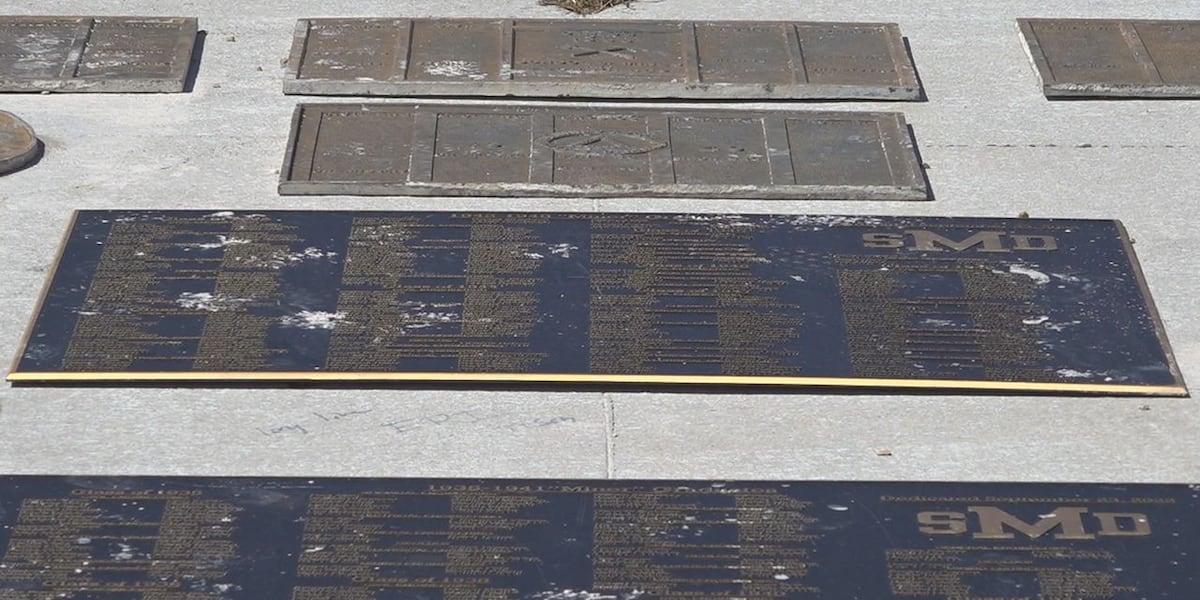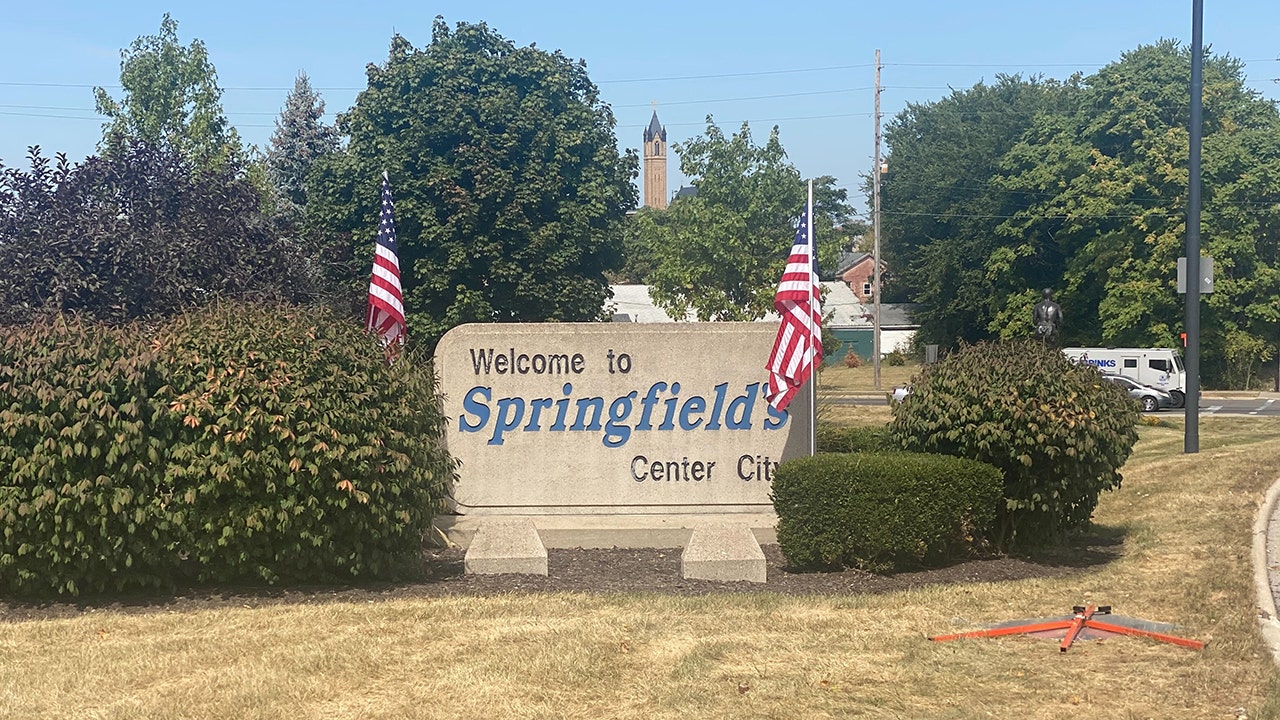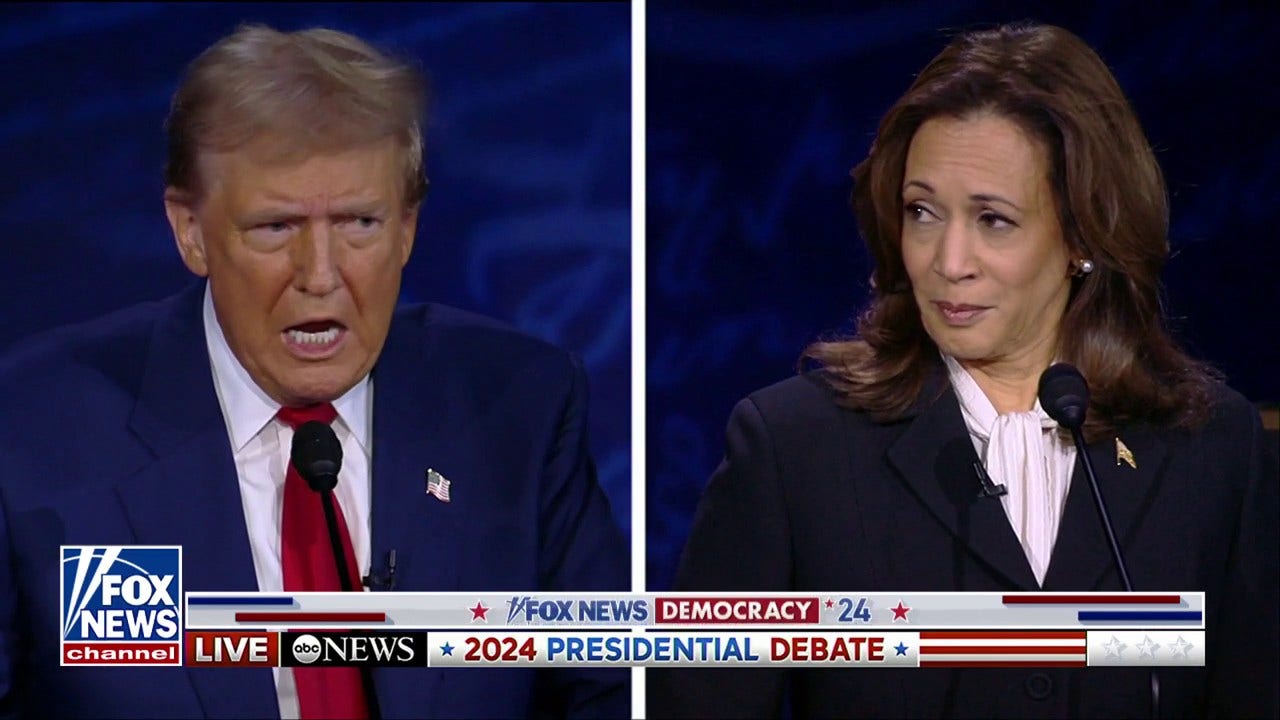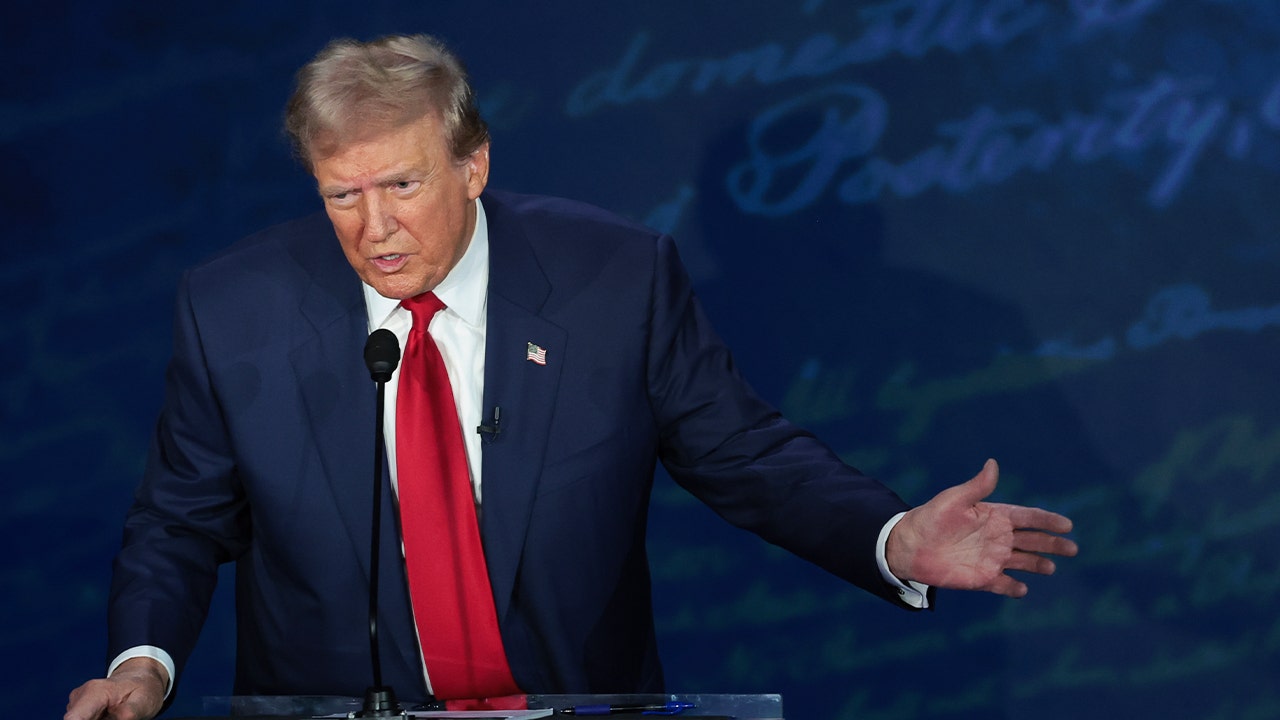Israel said on Friday it had killed senior Hizbollah commanders in an air strike on the militants’ stronghold of southern Beirut, a devastating assault on the group that heightened fears of a full-blown war.
Hizbollah’s special operations commander Ibrahim Aqil was killed along with at least 10 members of the “senior chain of command of the Radwan Force”, an elite unit within the group, the Israel Defense Forces said.
The group confirmed late on Friday that Aqil was killed in the Israeli attack, and described him as one of its “greatest leaders”.
Aqil’s death is arguably the most damaging blow Israel has struck against Hizbollah, Lebanon’s dominant political and military force, since the movement’s formation in the early 1980s.
The Radwan Force is the arm of Hizbollah responsible for cross-border operations into Israel and defending southern Lebanon against a ground invasion. Israel has been targeting the Radwan for months, with the stated aim of pushing it back from the border.
Striking Hizbollah’s top commanders on such a scale would also deal a blow to Iran, which considers the Lebanese group its main proxy and closest ally in the region.
The attack comes after Israel said it was entering a “new phase” of its nearly year-long conflict with Hizbollah, which had previously been largely contained to the Israeli-Lebanese border region.
It will increase pressure on Hizbollah to respond robustly, even though it is in disarray after consecutive days of assaults on its military capability and wary of being drawn into full-blown war with a far more sophisticated army.
Hizbollah has not confirmed that Aqil was in the building at the time of the strike. Lebanese authorities said 14 people were killed and 66 wounded.
Lebanon’s state-run news agency reported that an F-35 warplane launched four missiles into the southern Beirut suburb of Dahiyeh, striking a residential building. Israel’s military said the commanders were killed while conducting a meeting under the building.
The strike capped a week of deadly mass detonations of Hizbollah’s communications devices that killed 37 people and injured thousands more. Hizbollah has blamed the attacks on Israel, which has not directly commented.
The Israeli strike was the second targeting of a senior Hizbollah commander in southern Beirut since the conflict erupted last October. A July strike on a residential building in the capital killed Fuad Shukr, Hizbollah’s top military commander.
Aqil, like Shukr, was one of the group’s earliest founding members and sat on Hizbollah’s Jihad Council, its highest military body, according to four people familiar with Hizbollah’s operations. After Shukr’s killing, Aqil took over some of the slain commander’s responsibilities, said the people.
The US suspected Aqil of involvement in attacks 41 years ago in Beirut at the US and French barracks, which killed 307 people, and the US embassy, which killed 63.

Lebanon’s civil defence authorities said rescue efforts on Friday were ongoing, with people still being pulled from the rubble after two residential buildings collapsed.
Television footage circulating showed burnt-out cars and large piles of debris covering a narrow street.
The strike came amid intensifying salvos between Israeli forces and Hizbollah, which have been exchanging cross-border fire since the group started launching rockets at Israel on October 8, the day after Hamas’s attack on the Jewish state.
The UN’s special co-ordinator for Lebanon, Jeanine Hennis-Plasschaert, called the strike “another alarming escalation”. “We are witnessing an extremely dangerous cycle of violence,” she said. “This must stop now.”

On Thursday night, the Israeli military said its jets struck about 100 rocket launchers in Lebanon that were due to fire at Israel “in the immediate future”. It was one of Israel’s heaviest rounds of strikes on Lebanon since the start of the war.
Hizbollah fired more than 140 rockets at Israeli-controlled territory on Friday, according to the Israeli military, sparking fires in several areas. There were no immediate reports of casualties.
Following the strike on Beirut, Hizbollah said it had launched more rocket salvos targeting what it said were defence installations, including one military intelligence headquarters it said was “responsible for assassinations”.
US National Security Council spokesperson John Kirby said Washington still did not see a wider war as “inevitable”.
“We don’t want to see escalation. We don’t want to see a second front in this war opened up,” Kirby said. “Everything we’re doing is going to be to try to prevent that outcome.”
Lebanese Prime Minister Najib Mikati, who condemned the “criminal” attacks this week, said he had requested an emergency meeting of the UN Security Council. “All the communications I received yesterday from senior international officials confirmed that the Israeli enemy crossed red lines,” he said.
Mikati said he would head to the US for talks on the sidelines of the UN General Assembly “to assert that there is still space available for a diplomatic solution”.
Additional reporting by Malaika Kanaaneh Tapper in Beirut and Felicia Schwartz in Washington



























